HEALTH CARE ACCESS
The Honduran government provides two different types of health centers throughout rural Honduras: Centros de Salud Médico Odontológico (CESAMOs) and Centros de Salud Rural (CESARs). CESAMOs are the larger of the two, often found in municipalities, and typically have at least one physician on staff at all times with nurses and potentially a dentist. CESARs are found sporadically in rural communities and generally have a single nurse available. Even with this coverage, it is important to note that medications, supplies, and materials are often not available in these health centers and the physician density in Honduras remains around 1,220 people for every one doctor. According to the World Health Organization, there should be a maximum of 435 people per physician to qualify a country as having adequate access to medical attention.
There is a small health center in El Junco & Joyas called a CESAR, staffed by one nurse. The most common health problems in Joyas are common colds, H. pylori, diarrhea, lice, dermatitis, and chronic illnesses, such as high blood pressure and diabetes.


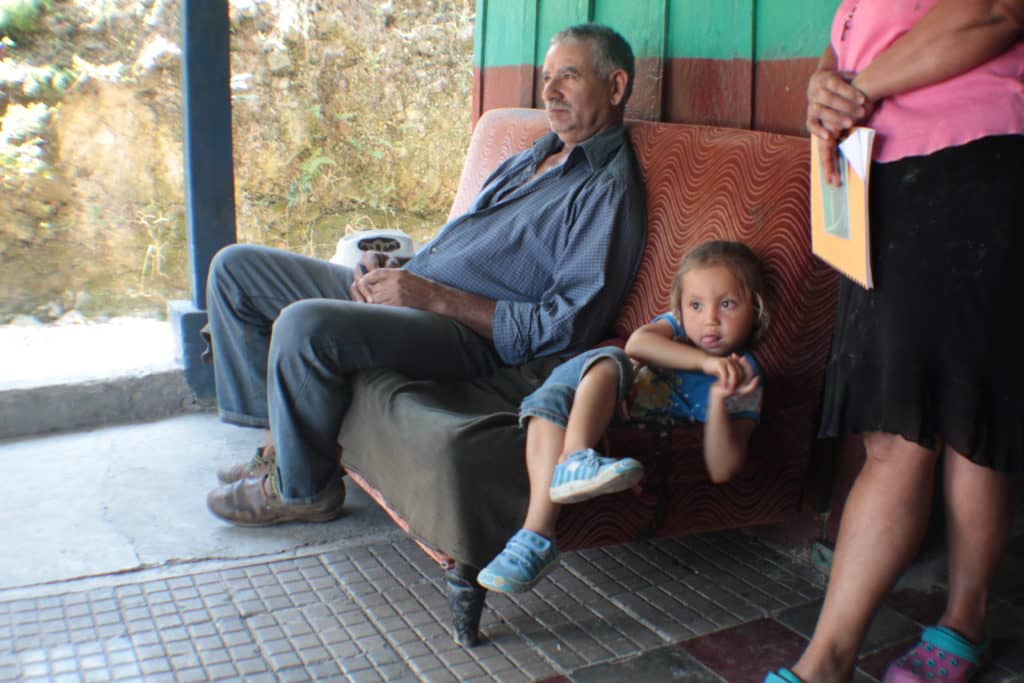
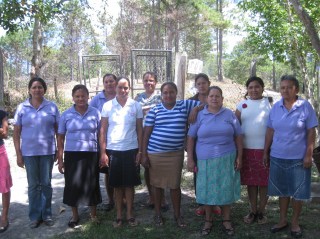 COMMUNITY HEALTH WORKERS
COMMUNITY HEALTH WORKERS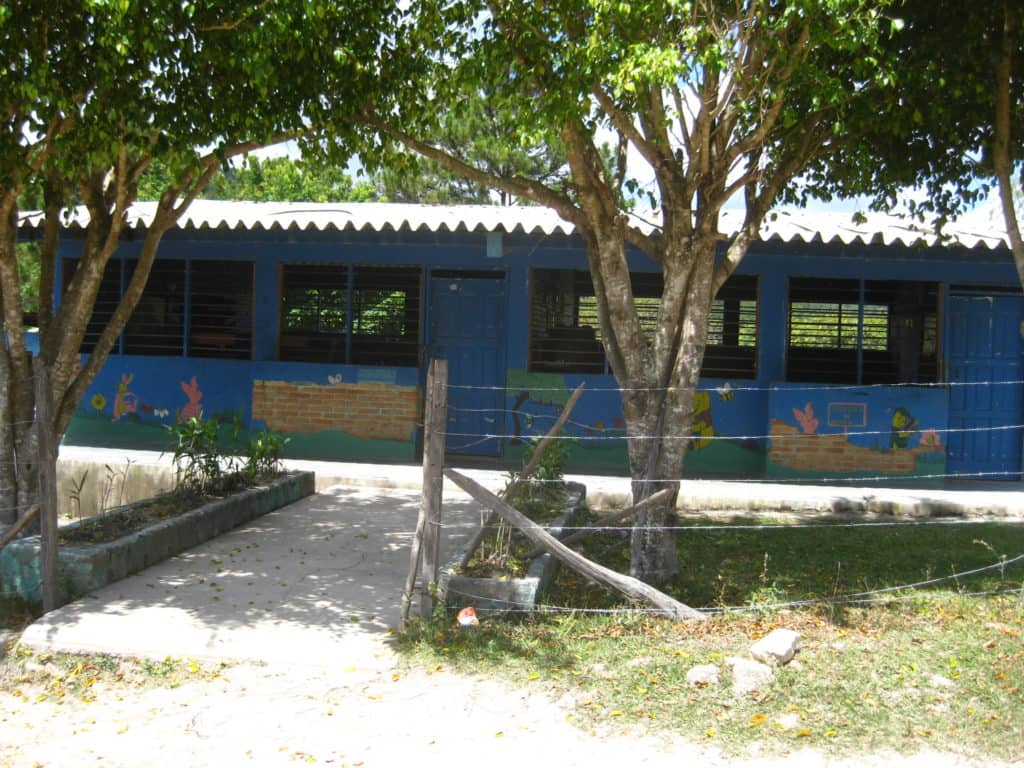
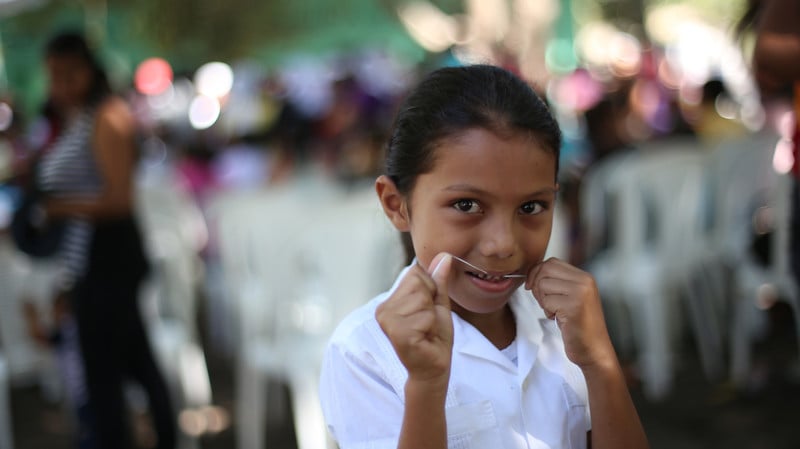
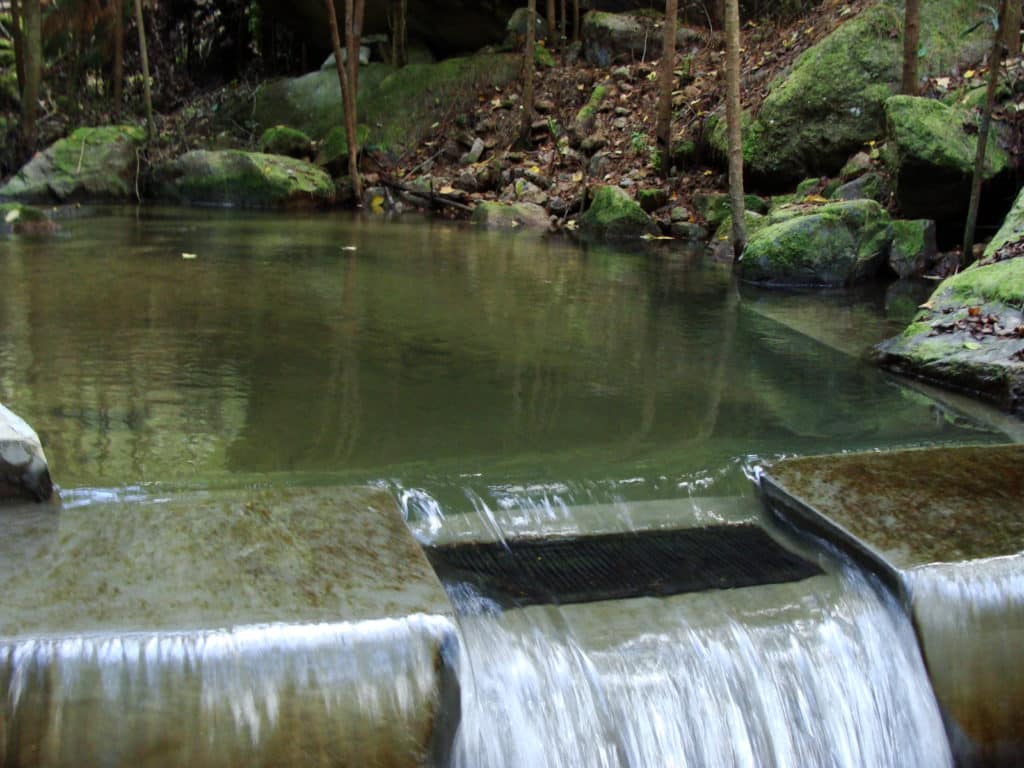 EL JUNCO & JOYAS’ ENGINEERING SOLUTION:
EL JUNCO & JOYAS’ ENGINEERING SOLUTION: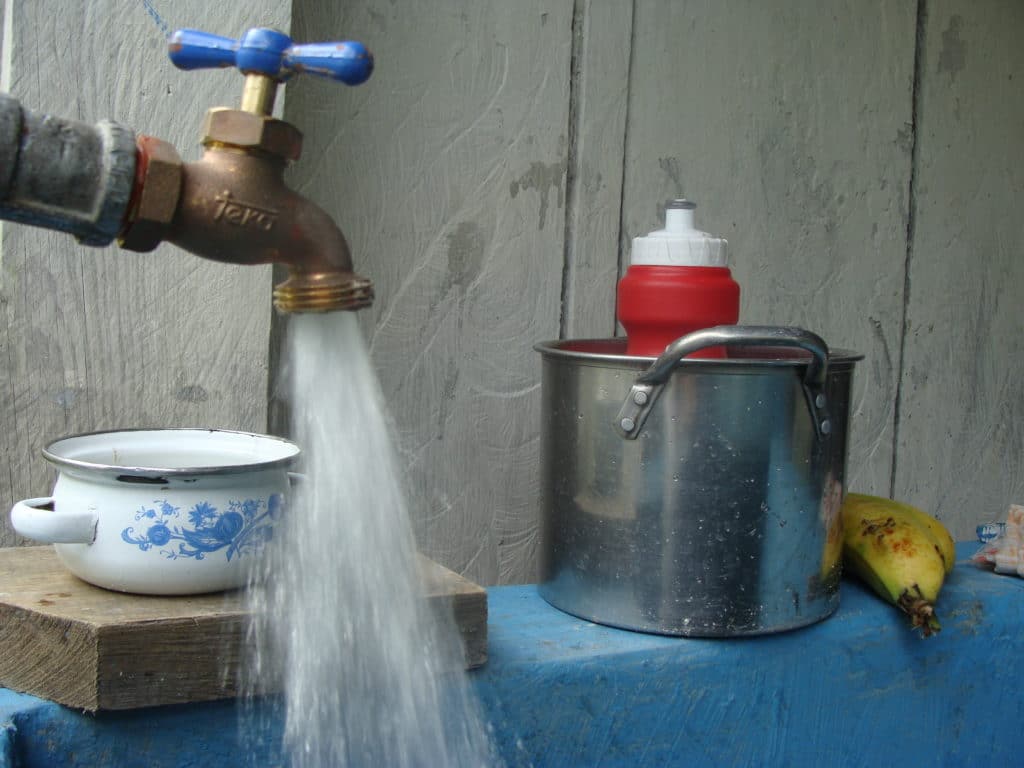 EL JUNCO & JOYAS’ WATER SOLUTION:
EL JUNCO & JOYAS’ WATER SOLUTION: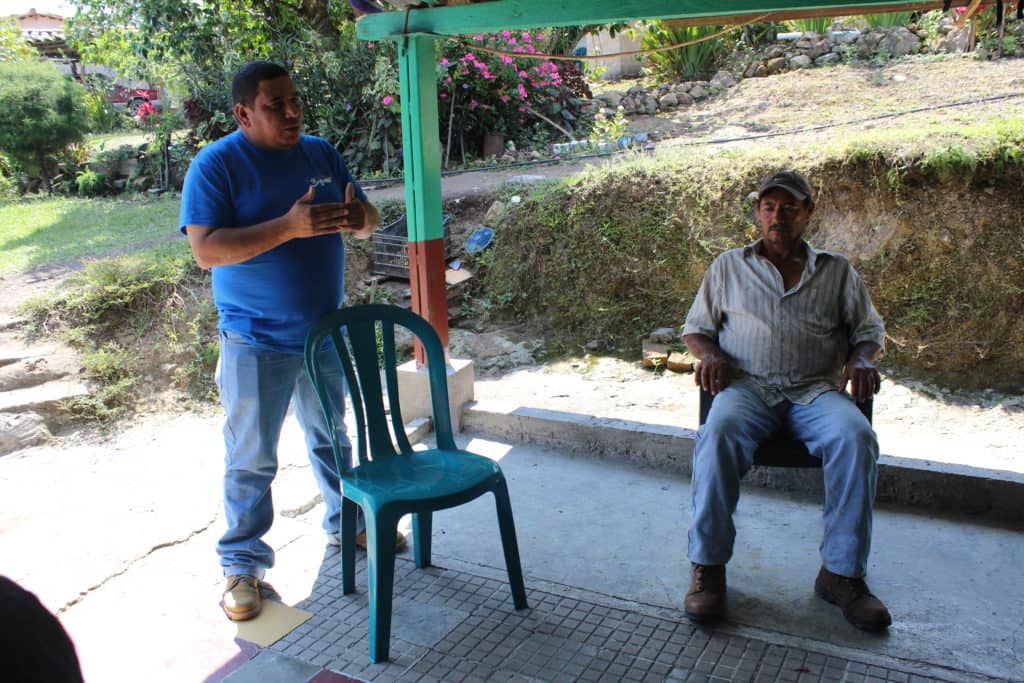 El JUNCO & JOYAS’ MICROFINANCE SOLUTION
El JUNCO & JOYAS’ MICROFINANCE SOLUTION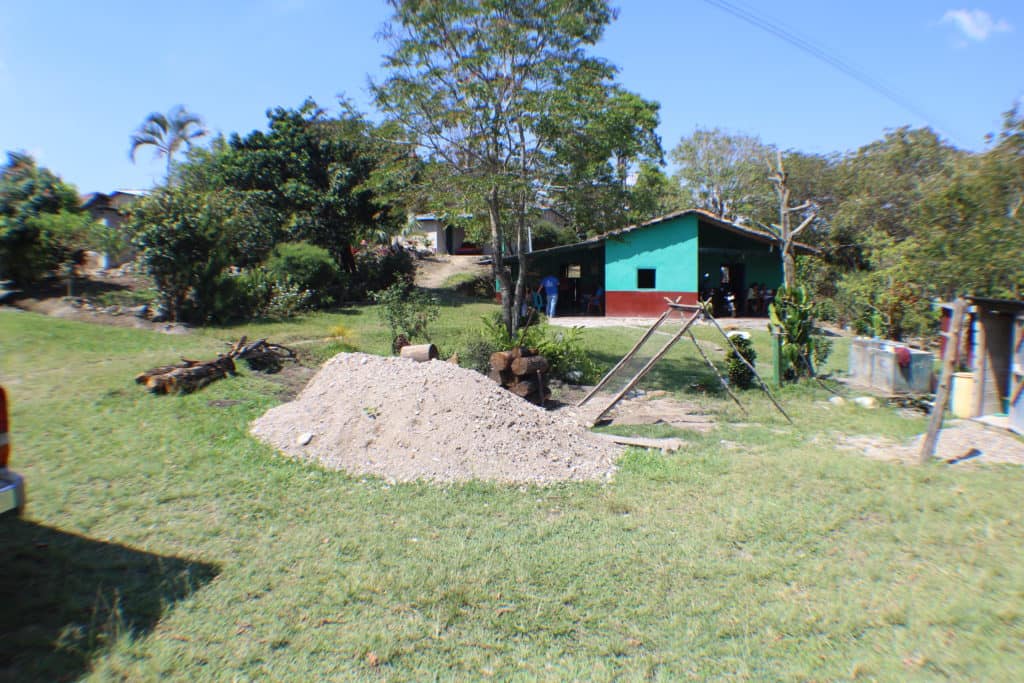 EL JUNCO & JOYAS’ PUBLIC HEALTH SOLUTION
EL JUNCO & JOYAS’ PUBLIC HEALTH SOLUTION